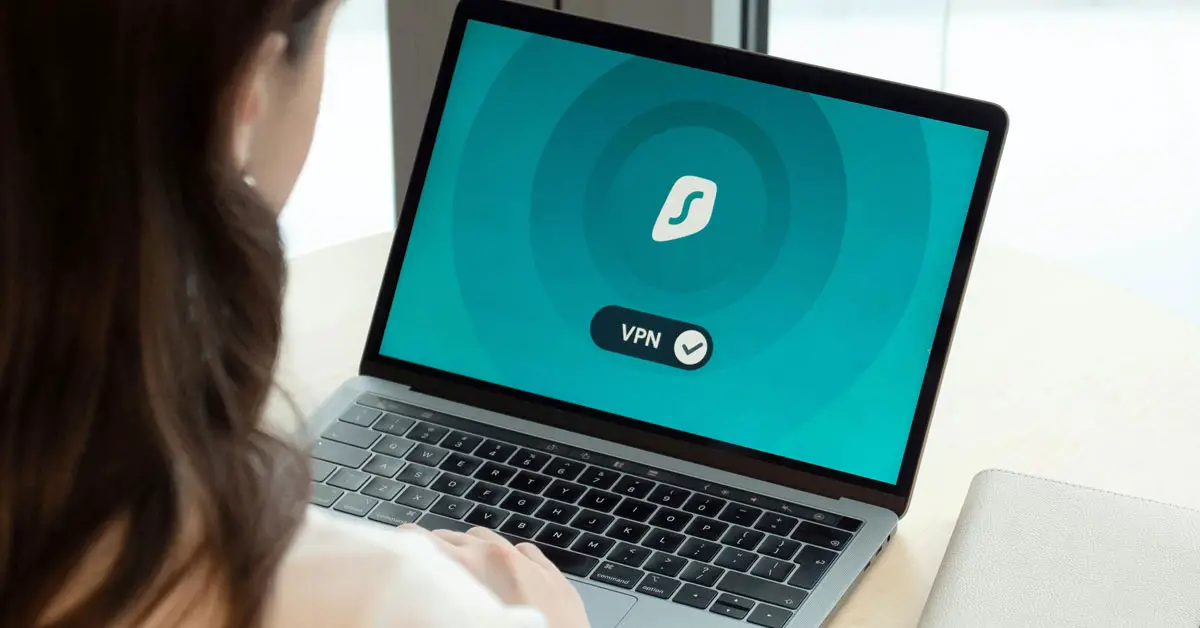Virtual Private Networks (VPNs) have become an integral part of discussions in today’s digital landscape. Their prevalence, from digital ads to sponsored social media content, has rendered them virtually omnipresent on the Internet. Despite this, a significant portion of Internet users remains unfamiliar with the ins and outs of VPNs.
Demystifying VPNs: Understanding Their Functionality
VPNs serve as crucial tools for safeguarding online privacy and security, employing a variety of mechanisms to achieve these ends.
Virtual Identity Shield
VPN applications function as intermediaries for Internet users. For instance, providers like Urban VPN offer access to global server networks. When users activate their VPNs and connect to these servers, their internet traffic is routed through them, effectively concealing their device identifier and location. This process grants users complete online anonymity.
Robust Data Encryption
In addition to rerouting internet traffic, VPNs employ powerful encryption algorithms to protect user data. This encryption renders user data indecipherable to third parties, fortifying it against potential exploitation in the event of interception. This aspect of VPNs serves as a crucial defense against various forms of cyber threats.
Deciphering the Legal Landscape: Are VPNs Above Board?
The legality of VPN usage is a common concern. In brief, yes, VPNs are legal, but nuances exist.
Legitimate Use Cases
In the majority of countries worldwide, downloading, installing, and using VPN applications is generally legal. However, the legality is often contingent on the manner of usage.
Privacy and Security
Most users turn to VPNs to enhance their privacy and security. Using a VPN on public Wi-Fi networks provides a secure channel for data transmission, enabling users to conduct online transactions and access private systems without compromising their security.
E-commerce Anonymity
VPN users often leverage the technology to conceal their IP addresses for e-commerce purposes. By switching between servers, users can evade tracking, enabling them to research travel options without affecting prices based on their search activities. This makes VPNs indispensable for travel enthusiasts navigating dynamic pricing practices.
Marketing Research
In the realm of Search Engine Optimization (SEO), VPNs play a crucial role in marketing research. Marketers routinely employ VPNs to simulate searches from various regions, gaining insights into important keywords and trends. This strategic use assists businesses in formulating impactful digital marketing strategies for foreign markets.
Gray Areas: Government Regulations and Copyright Concerns
However, challenges arise in the form of government regulations and copyright laws.
Government Regulations
Depending on the user’s location, national laws may explicitly prohibit VPN usage. This can stem from concerns about Internet censorship or associations of VPNs with criminal activities, as hackers often use them to shield their identities during online offenses. Thus, even using VPNs for personal privacy and security may result in legal consequences in certain nations.
Copyright Challenges
Copyright laws pose another set of challenges. While using VPNs to access geo-targeted content on platforms dominated by user-generated content is generally legal, accessing licensed material raises copyright issues. Bypassing geo-blocking to access copyrighted material may violate the terms of service of some platforms, potentially leading to legal repercussions.
A Final Verdict on VPNs
In summary, the legality of VPNs hinges on their responsible usage. While using VPNs for personal privacy and security is generally legal, users must adhere to the laws of their country of residence and exercise caution to avoid infringing on intellectual property regulations. VPNs stand as invaluable tools for modern Internet users, but like any tool, their power should be wielded responsibly.
FAQs:
- Are VPNs legal everywhere?
- VPN legality varies by country. Check your local regulations before use.
- How do VPNs protect my data?
- VPNs encrypt your data, making it unreadable to third parties for enhanced security.
- Can I use VPNs for secure transactions?
- Yes, VPNs provide a secure channel for online transactions, especially on public Wi-Fi.
- What are the copyright concerns with VPNs?
- Bypassing geo-blocking to access licensed content may violate platform terms, so use cautiously.
- Do VPNs impact my online anonymity?
- Absolutely, VPNs conceal your IP address, providing complete online anonymity.

